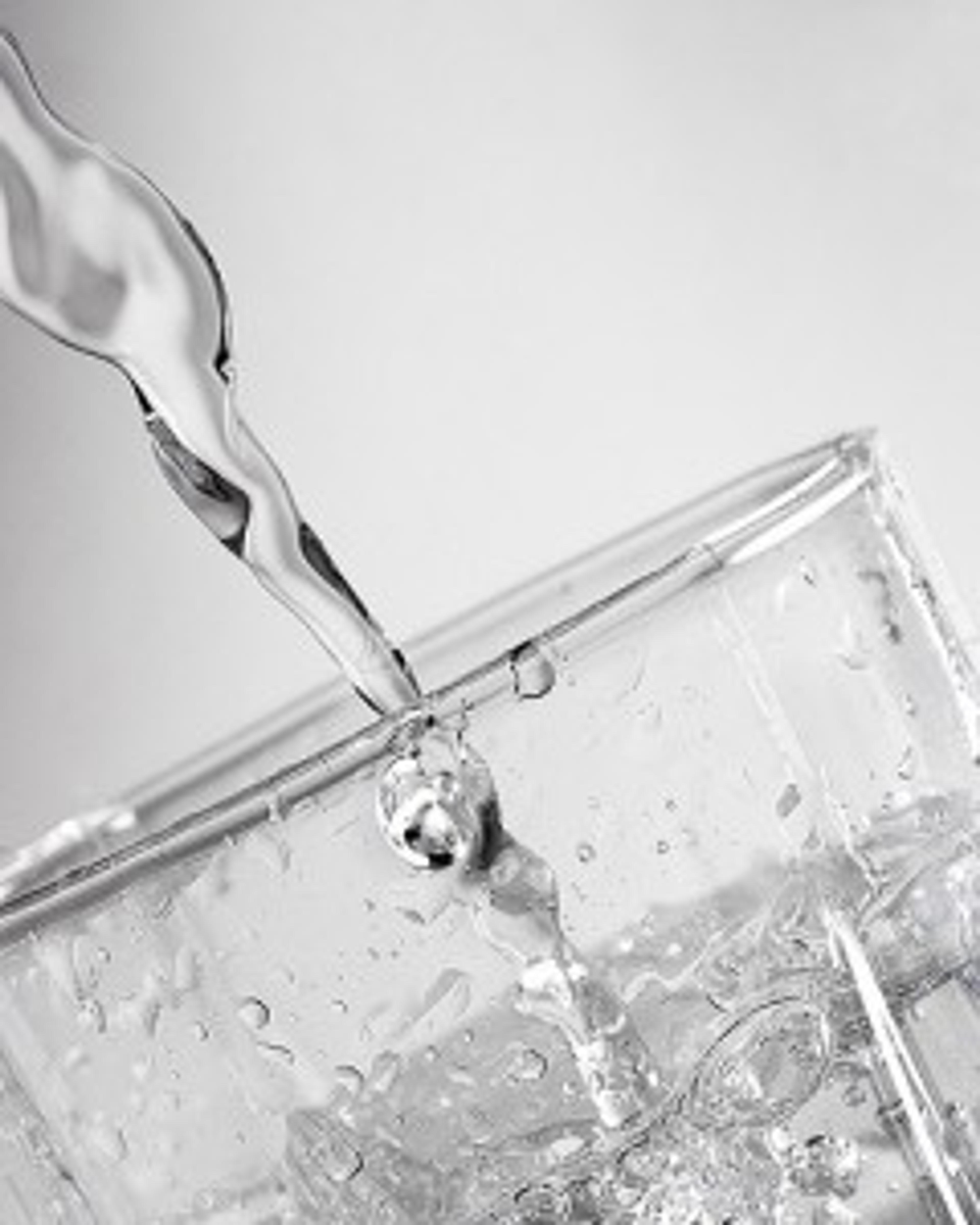Got water?

Ken Dallafior
| 2 min read

Exercise and nutrition are the cornerstones of wellness programs. But there’s actually something more important to your good health that we all take for granted – water, the basis for all life.
Water carries nutrients and oxygen to all cells in the body and helps convert food into energy. Did you know that 80% of the brain, which many of us need to do our jobs, is made of water?
We can’t function for very long without water. Research has shown that even if you’re only slightly dehydrated, you’re more likely to have trouble concentrating, be more irritable and have more headaches. If you feel thirsty, your mental capabilities can decrease by 10%.
Yet we rarely think about staying hydrated, especially when we’re busy at work. Another study found 31% of those surveyed didn’t drink water at work just to avoid bathroom breaks.
Here’s a quick rundown on the essentials for life’s most essential element.
How much should you drink?
We’ve all heard the advice, “Drink eight 8-ounce glasses of water a day.” Although it’s not supported by hard evidence, it’s comparable to what the Institute of Medicine has determined is an adequate intake of fluids for an average, healthy adult. The Mayo Clinic says this advice really should be “Drink at least eight 8-ounce glasses of fluids,” since all fluids count toward the daily total.
We’ve all heard the advice, “Drink eight 8-ounce glasses of water a day.” Although it’s not supported by hard evidence, it’s comparable to what the Institute of Medicine has determined is an adequate intake of fluids for an average, healthy adult. The Mayo Clinic says this advice really should be “Drink at least eight 8-ounce glasses of fluids,” since all fluids count toward the daily total.
When should you drink?
Drink often throughout the day. Have a glass of water with each meal and between each meal, and before and after exercise. Don’t wait until you’re thirsty, because by then you’re probably already mildly dehydrated.
How do you know if you’re dehydrated?
Symptoms include feeling fatigued, lacking focus or concentration, headaches, sleepiness and infrequent bathroom breaks. If your urine is darker than usual, you probably should be drinking water.
Do caffeinated beverages increase the risk of dehydration?
Probably not, unless you’re drinking very large amounts such as 5-7 cups of coffee a day. The Institute of Medicine of the National Academy of Sciences reports that all beverages, including those with caffeine, contribute to hydration needs.
What else can you do to stay hydrated?
Eat more fruits and vegetables, which are usually high in water content. Drinking more water won’t make you hum a merry tune, but it could prevent you from getting grumpy.





